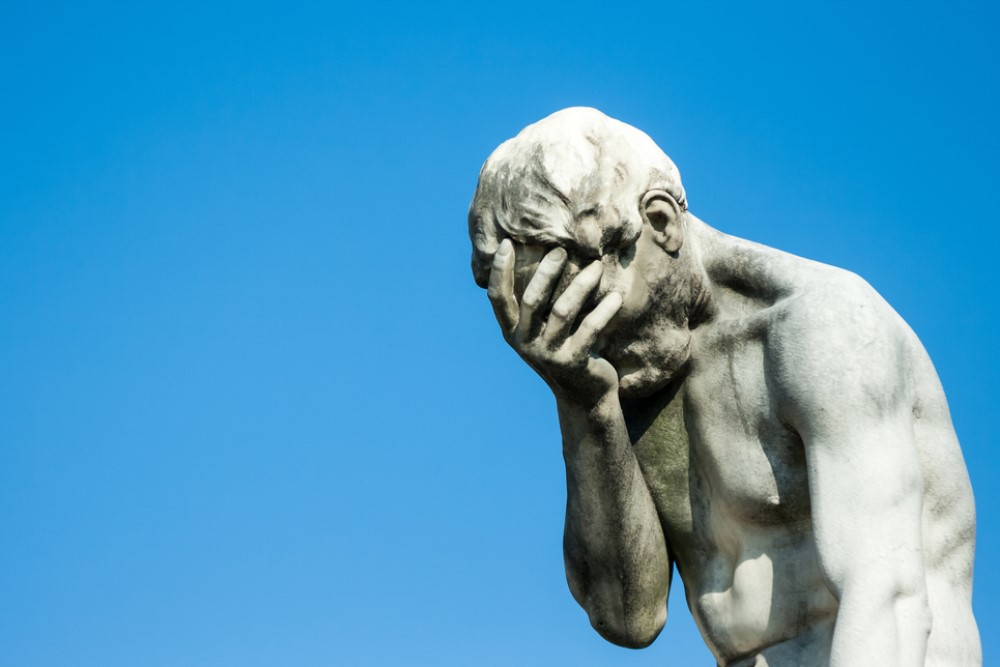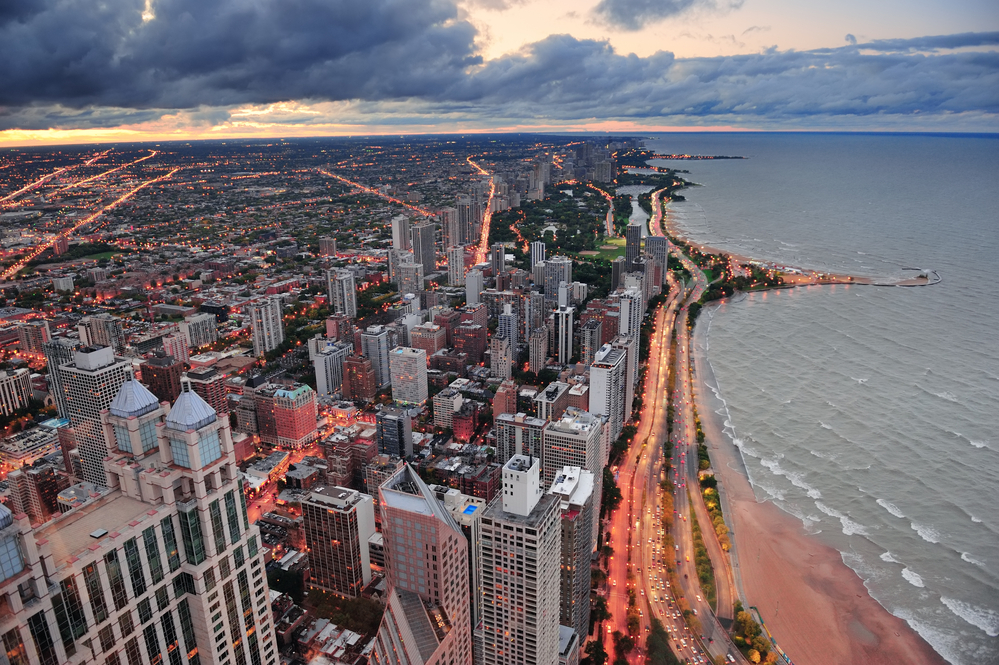Shame has taken up a prominent role in the public discourse recently. For instance, The Atlantic’s Conor Friedersdorf recently tweeted, arguing that Americans have an obligation to right past wrongs but not to feel shame over “wrongs perpetrated before our births.” Shame also plays a role in discourse about the pandemic. Earlier on, people might have felt shame over getting COVID-19: “If someone who thought they were being careful got the virus, well…maybe they weren’t being so careful.” And now the issue of vaccine shaming arises, with debates over whether people should be shamed for not getting the vaccine.
But shame is a nuanced thing. It is an emotion we feel, but it is also something we do to other people. I might feel shame, but I might also try to get you to feel shame: I shame you. This leads to two different questions: When is it appropriate to feel shame? When is it appropriate to shame somebody?
One mistake, a mistake that Friedersdorf makes, is to tie shame too tightly to wrongdoing. Some emotions are linked to wrongdoing. For instance, guilt tends to be linked to having done something morally wrong. And you certainly can be ashamed of your own wrongdoing. But there are more things in heaven and earth than moral rightness and wrongness. Some things are ugly, pitiful, or bad in non-moral ways. You might also be ashamed that you have a large nose, or you might be ashamed that you were too cowardly to take an exciting opportunity.
If shame were tied only to your own wrongdoing, then shame over wrongs perpetrated before your birth would be nonsensical. But shame isn’t even just tied to what you have done, hence the possibility of being ashamed of your nose. Shame is instead based on who we are. And shame is distinctly interpersonal: much of the time we feel shame because we know others think poorly of us (perhaps because of our looks or our inability to better ourselves). Further, who we are is based on our broader connections to other people: being in a family, being a fan of a certain sports team, or being a citizen of someplace or other.
So, you might be ashamed not of your own wrongdoing, but of the wrongdoing of your father. And you might be ashamed of your country, too. Nikole Hannah-Jones said that she was ashamed of America’s bombing of Hiroshima.
Now, you might question whether we should feel ashamed by things we haven’t done, by things we are merely associated with. For one, it seems perfectly reasonable to care about our non-moral qualities and to care about what others think of us. Secondly, shame and pride come hand-in-hand. Parents are proud of what their kids have done, and people are proud of their country’s achievements. Hannah-Jones was right when, responding to Friedersdorf, she pointed out that if you want to feel proud of your country – for what it does well now, and what it has done well through its history – you better be willing to be ashamed of it, too, for what it does badly and what it did badly in the past.
So, we can be ashamed of many things, including things we haven’t done. What about shaming somebody else? When should we shame people? Perhaps the obvious answer is: when they have done something shameful.
Though there might be a variety of forms of shaming, how shaming works should be fairly obvious: if you fail to meet certain standards, other people – remember, shame is interpersonal – can point out that they think less of you. For this to be effective, you need to then reflect on your failures, and this can involve feeling shame: you see why they think less of you, and you think less of yourself for it. Perhaps this process even must involve shame: to fully appreciate your failure might require that you do in fact feel ashamed of it.
So, when should we shame people? Again, the obvious answer is “when they do something shameful,” but that is too simple. It can depend on the relationship between people. You – a serial card cheat – might have no right to tell me that it’s wrong to count cards. You – a stranger on the street – might have no right to tell me not to be so rude to my wife (whereas our friends can step in and say something). So, shaming might be inappropriate if you are a hypocrite or if you have no business in judging me, whereas if you are a respected member of my community and my actions negatively affect my community, you might be well placed to shame me.
We must also keep in mind that some forms of shaming might carry costs: rather than making somebody feel mildly ashamed for a past misdeed, you might make them feel awful. And we need to be careful, as Kenneth Boyd noted in this venue, because shaming can be unfair, either picking out individuals who may have done something that was more acceptable at the time, and it can be a tool of bigotry, shaming people for being a minority and perpetuating harmful systems of oppression.
So, should we shame people for not getting vaccinated? Firstly, not all the unvaccinated have acted shamefully. In places where it can be hard to get time off of work to get the jab (or where people are not aware that they are entitled to time off), or in places where misinformation is rife, perhaps they are meeting or exceeding the standards we should expect of them as fellow members of the public. Or they may have genuine, conscientious objections.
But it is more likely that opposition to “vaccine shaming” turns on the idea that shaming is ineffective. Somebody might be acting shamefully: they might be failing to protect others, relying upon an overly individualized notion of rights (and failing to recognize how they interact with others in a society), and failing to evaluate the evidence properly because – though they should know better – they have been captured by petty, angry politics. It can be frustrating to be told not to shame these people. But if our aim is to get them to take the vaccine, we need to find an alternative strategy that doesn’t prompt a retreat into deeper skepticism.
Or, so the argument goes. But maybe that argument is wrong: there is some evidence that appealing to the sense of shame or embarrassment someone would feel if they spread COVID to a loved one is somewhat effective at increasing the vaccination rate. Ultimately, I don’t know when Americans should feel shame for what happened in the past. And I don’t know when we should shame people for their behavior in this pandemic. I do know that to have a well-informed public discussion, we need to understand the many facets of shame.




